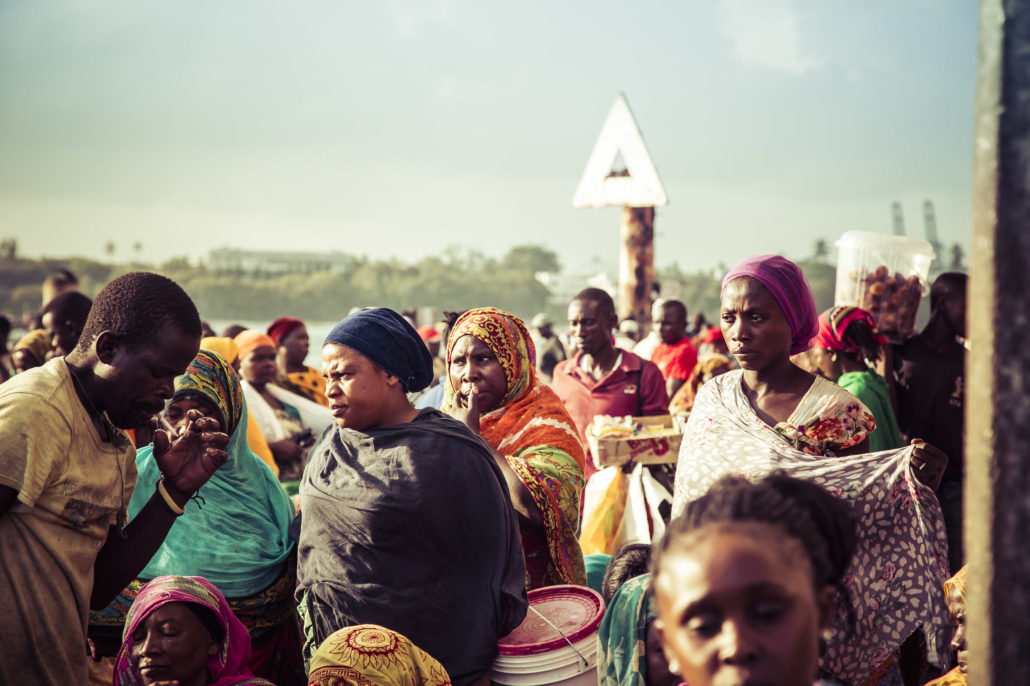How NALA is Revolutionizing the Remittance Economy in Tanzania

Tanzanian-born Benjamin Fernandes sought to improve the remittance economy with Nala – a pioneering consumer payment platform. Utilizing USSD technology found in feature phones, NALA does not require internet connectivity for access and its design aims to reduce user data costs. NALA is the first East African company to receive acceptance into Y-Combinator and, in 2018, it won three awards in Africa: EcoBank Africa Fintech Challenge, AppsAfrica Disruptive Innovation Award and the SeedStars Best Startup in Tanzania. This innovative and revolutionary platform is making waves in the African tech scene and changing the remittance economy.
Revolutionizing the Way People Manage Finances
NALA is revolutionizing the way people in Tanzania and in Africa manage their finances. Launched in 2018, the company initially focused on helping Tanzanians and Ugandans manage their financial well-being. Over time, the company pivoted to become a money transfer application for the African diaspora. Now, NALA is available in five countries – Tanzania, Uganda, Kenya, Rwanda and Ghana – and is continuously expanding to other parts of the world.
To date, NALA has helped more than 8,000 customers with transactions of more than eight figures, making it an invaluable resource for those looking to send money to Africa.
NALA, the Tanzania-based fintech startup, has just secured a whopping $10 million in funding to expand its operations across the African continent. This sizable investment comes from “top angel investors like the creators of Monzo, Robinhood, Alloy and Deel and Peeyush Ranjan, the head of Google Payments who also joined in on the investment.”
In 2022, NALA launched a crowdfunding campaign to give its early adopters a chance to purchase shares in the company. This ambitious move shows just how committed NALA is to becoming a leading fintech player in Africa. The potential for growth in Africa’s fintech sector is enormous, and NALA’s bold move to secure such a large funding round is a sign that it is well-positioned to capitalize on this potential. With the backing of some of the world’s top angel investors, NALA is sure to make waves in Africa’s fintech space in the coming years.
Shaking Up the Remittance Economy
NALA is shaking up the remittance market with its innovative solution. With Wise, Remitly and SendSprint dominating the market, NALA takes it one step further by giving its users flexibility and full control over the remittances they send to Africa. According to the World Bank, “the average transfer fee to Africa is estimated at 9% – that’s $3.3 billion out of the $48 billion sent to sub-Saharan Africa last year.” NALA has set out to reduce this fee and bring transparency to the costs of remitting money to Africa, by offering its users low and transparent transfer costs.
NALA, as of December 2022, has expanded to more than 19 European countries as part of its mission to financially empower African people across the world. It is offering an easy and cost-effective way for customers to send remittances from Europe to African countries through this move.
The World Bank estimates that, on average, the cost of sending remittances from European countries like Italy, France and Germany is between 3% and 7%, with the entire process taking up to two days. With NALA, it is a simple and fast process that actually saves money. The expansion has had a significant impact on the 11 million African migrants living in Europe by providing them with more options for remittance payments.
Breaking the Barriers
NALA has built a unique platform that breaks the barriers to its customers’ accessing payments. The app is able to offer users a convenient way to send money, whether it is for a few dollars or thousands. NALA offers “full control over your remittances” and its service is available at the time and date of your choice. NALA aims to achieve a revolution in the workings of the remittance system through its innovative solution.
– Frida Sendoro
Photo: Flickr
